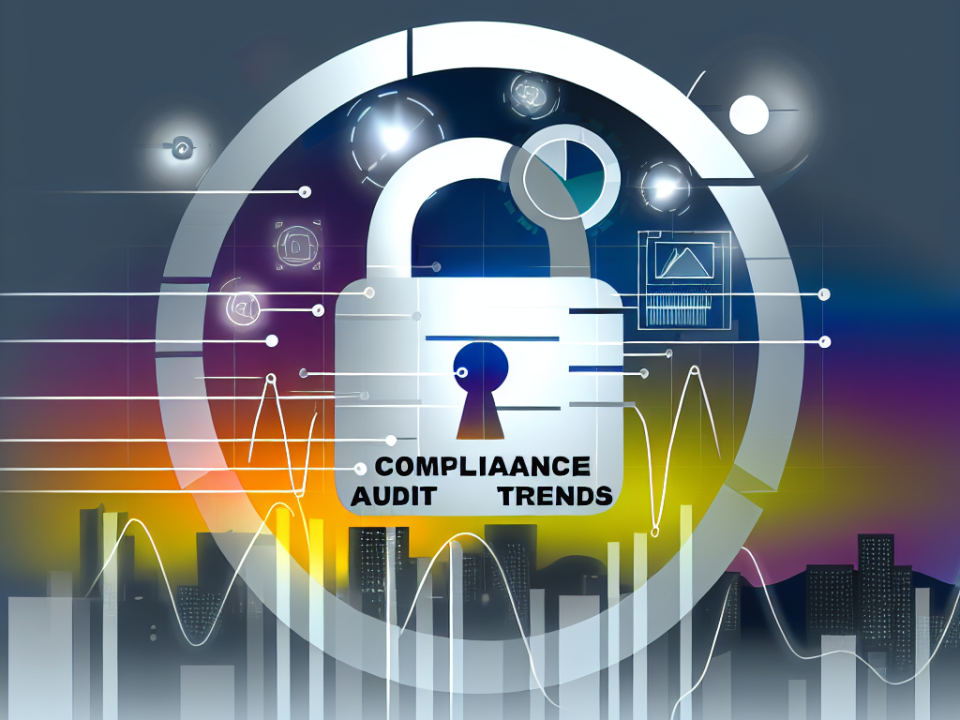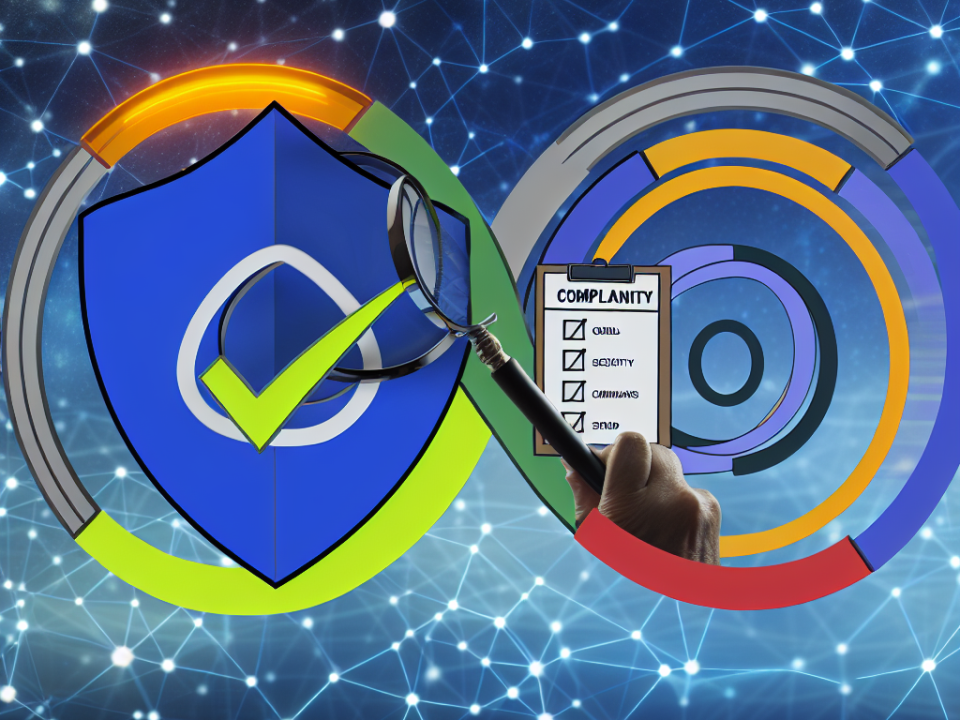
The Importance of Security Compliance Standards in Today’s Digital Age
June 4, 2025
How to Achieve and Maintain Compliance: Best Practices for Security Standards
June 4, 2025
In an era where cyber threats are becoming increasingly sophisticated, compliance with security standards is more crucial than ever for organizations across all sectors. Not only do these standards help to protect sensitive information and reduce vulnerabilities, but they also enhance customer trust and ensure legal compliance. Here’s a look at some of the most important security compliance standards that organizations must adhere to.
1. General Data Protection Regulation (GDPR)
Overview
The GDPR is a comprehensive data protection law in the European Union that was enforced in May 2018. It governs how organizations handle personal data of EU citizens, imposing strict rules on data collection, processing, and storage.
Key Requirements
- Data subject rights (access, rectification, erasure)
- Data breach notifications within 72 hours
- Data Protection Impact Assessments (DPIAs)
- Appointment of Data Protection Officers (DPOs) for certain organizations
Importance
Non-compliance can lead to hefty fines up to 4% of annual global turnover or €20 million, whichever is higher. The GDPR sets the benchmark for privacy regulations worldwide.
2. Health Insurance Portability and Accountability Act (HIPAA)
Overview
HIPAA establishes national standards for the protection of sensitive patient health information in the United States. It applies to healthcare providers, health plans, and healthcare clearinghouses that handle protected health information (PHI).
Key Requirements
- Implementation of security measures to protect electronic PHI (ePHI)
- Mandatory breach notifications
- Training and compliance programs for employees
Importance
Compliance with HIPAA is essential to avoid significant penalties, which can vary greatly depending on the level of negligence involved.
3. Payment Card Industry Data Security Standard (PCI DSS)
Overview
PCI DSS is a set of security standards designed to ensure that all companies that accept, process, store, or transmit credit card information maintain a secure environment.
Key Requirements
- Maintain a secure network and systems
- Protect cardholder data
- Implement strong access control measures
- Regularly monitor and test networks
Importance
Failure to comply with PCI DSS can result in hefty fines and loss of the ability to process credit card transactions.
4. Federal Information Security Management Act (FISMA)
Overview
FISMA mandates a comprehensive framework for securing information systems in U.S. federal agencies and associated contractors. It emphasizes the importance of risk management and security controls.
Key Requirements
- Continuous monitoring and assessment of information systems
- Development of incident response and contingency plans
Importance
Non-compliance with FISMA can lead to reduced funding, penalties, and increased susceptibility to cyber threats.
5. ISO/IEC 27001
Overview
ISO/IEC 27001 is a globally recognized standard for information security management systems (ISMS). It provides a systematic approach to managing sensitive company information to keep it secure.
Key Requirements
- Establishing, implementing, maintaining, and continually improving an ISMS
- Risk management processes
- Regular auditing and assessment of information security
Importance
Achieving ISO/IEC 27001 certification demonstrates your organization’s commitment to information security, fostering trust among clients and partners.
6. NIST Cybersecurity Framework (NIST CSF)
Overview
Developed by the National Institute of Standards and Technology, NIST CSF provides a flexible framework for managing and reducing cybersecurity risk, particularly for critical infrastructure sectors.
Key Requirements
- Identify, Protect, Detect, Respond, and Recover functions
- Tailored strategies for different organizational needs
Importance
Adopting the NIST CSF can help organizations mitigate risks and improve their overall security posture.
7. Family Educational Rights and Privacy Act (FERPA)
Overview
FERPA protects the privacy of student education records in the United States. It is especially relevant for educational institutions, ensuring that student information is kept confidential.
Key Requirements
- Consent required for the disclosure of personally identifiable information (PII)
- Rights for parents and students to access and amend records
Importance
Violation of FERPA can lead to loss of federal funding and other severe penalties for educational institutions.
Conclusion
Adherence to security compliance standards is paramount for mitigating risks and protecting sensitive data. Organizations must remain vigilant and proactive, assessing their compliance regularly to adapt to changing regulatory landscapes and emerging threats. By prioritizing these standards, businesses can foster trust, enhance their security posture, and ensure long-term success.







